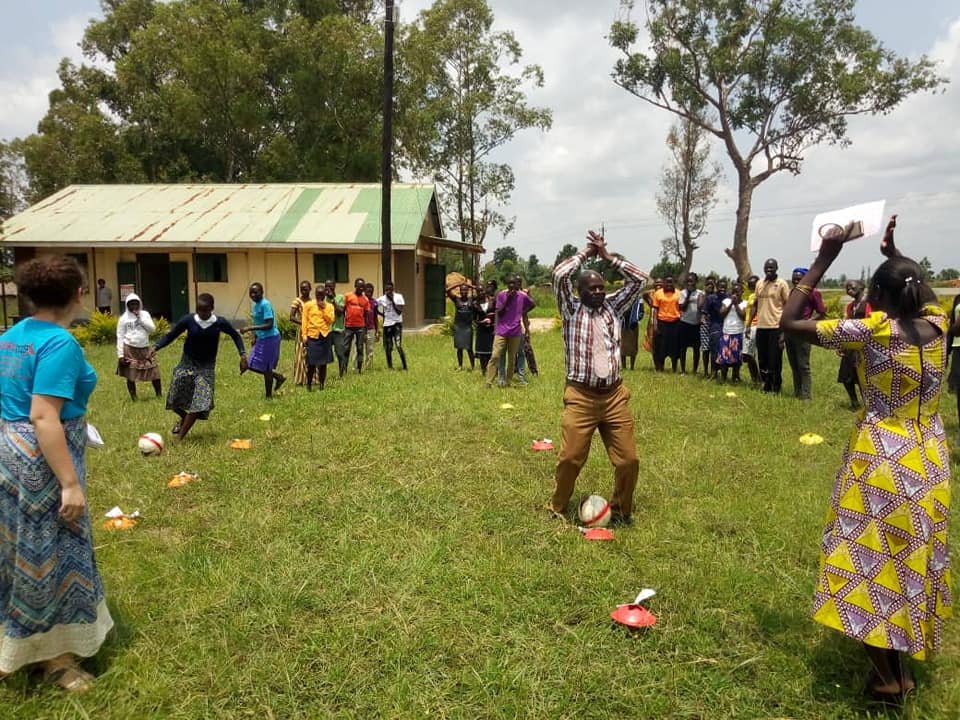
our approach to development
Amani Initiative was established in 2012 on a background of mobilizing and directly engaging the community affected at the frontline of creating solutions from within using the available resources and structures to prevent and respond to challenges that hinder children and women from living a life of dignity and reaching their full potential.
Started as a Community Based Organization operating in one village in Maracha District located within the West Nile Sub-Region of Uganda, the organization has been able to scale its operations across 15 other districts of Uganda since 2012 building a community led network of 12 health facilities, 3,000 schools, and 250 community change agents as a delivery tool for the low cost- high impact community led model as at 31st December, 2021.
Amani’s community led development model is fundamentally based on the values of human rights, equality, social justice and respect for the communities that are part of the organization’s programs. The organization views the target beneficiaries and communities taking part in their projects not just as recipients but as contributors to the solutions for the problems affecting them. Working and learning together with them through an honest collaborative approach which involves sharing experiences and committing resources is vital to sustainable community development.
Communities have entrenched leadership structures including cultural and religious institutions as well as revolving community development structures created by the government and non-government structures. By virtue of their setup, they have the role to inspire communities; to instil and nurture values, norms and behaviours towards a common goal.
Adopting low cost – high impact sustainable solutions that leverage existing resources and structures within community to address community problems hence doing more with less.
Directly working with both men and women to prevent and respond to violence against children and women because #Itakes2.
Adopting low cost – high impact sustainable solutions that leverage existing resources and structures within community to address community problems hence doing more with less.
